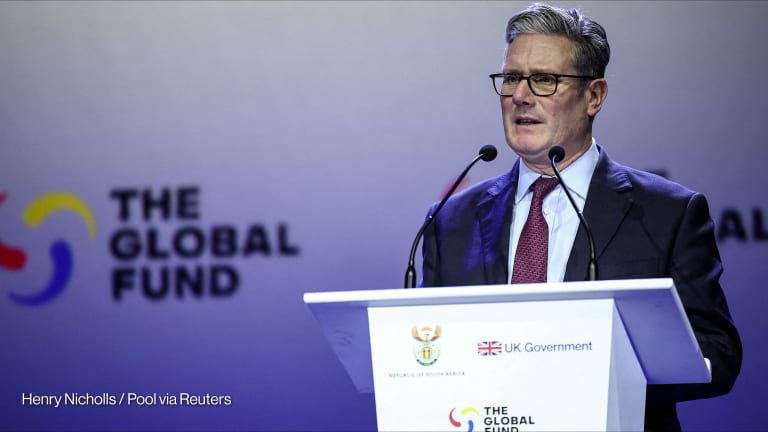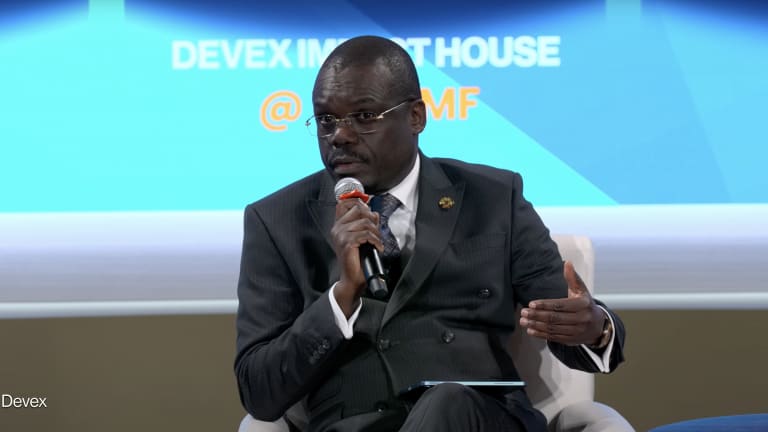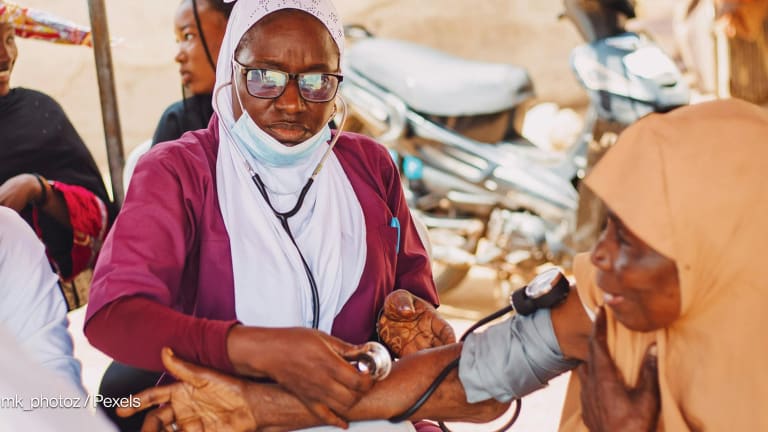The well-intentioned — although awkwardly named — Financial Intermediary Fund for Pandemic Prevention, Preparedness and Response is facing significant early hurdles as it gets down to work.
The overarching concern is that it is underfunded, and not just by a little. Donors have given just $1.4 billion of the $10.5 billion that World Health Organization and World Bank estimate is required on an annual basis.
“Where are contributions going to come from?” asked Peter Baker, a policy fellow and assistant director at the Center for Global Development, during a panel discussion Tuesday at the Future of Development Finance event, which Devex hosted in London.
This story is forDevex Promembers
Unlock this story now with a 15-day free trial of Devex Pro.
With a Devex Pro subscription you'll get access to deeper analysis and exclusive insights from our reporters and analysts.
Start my free trialRequest a group subscription







